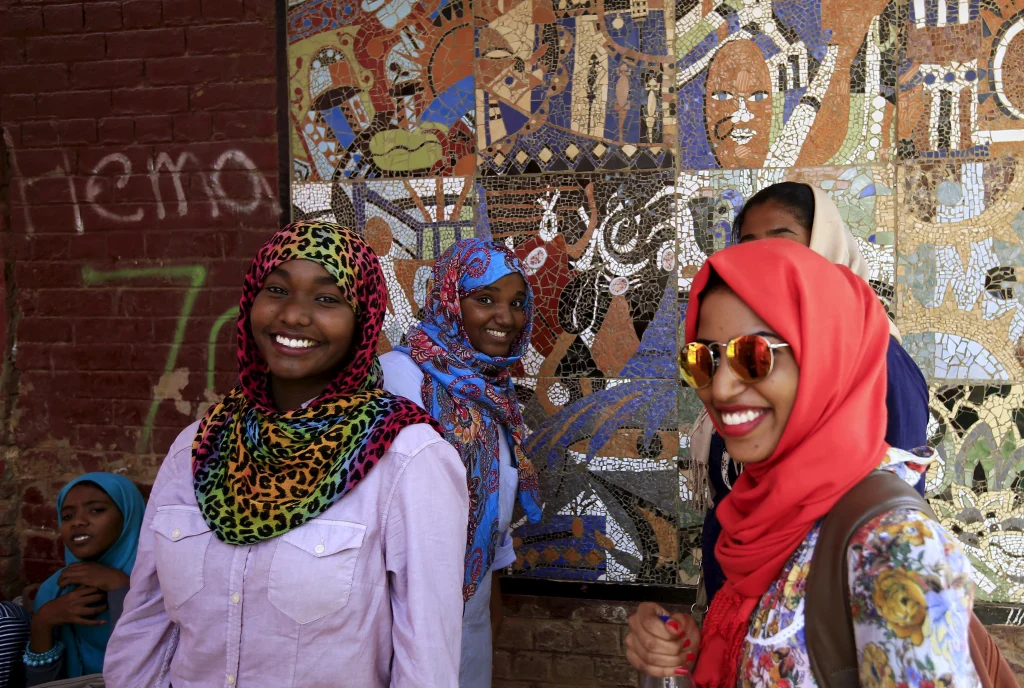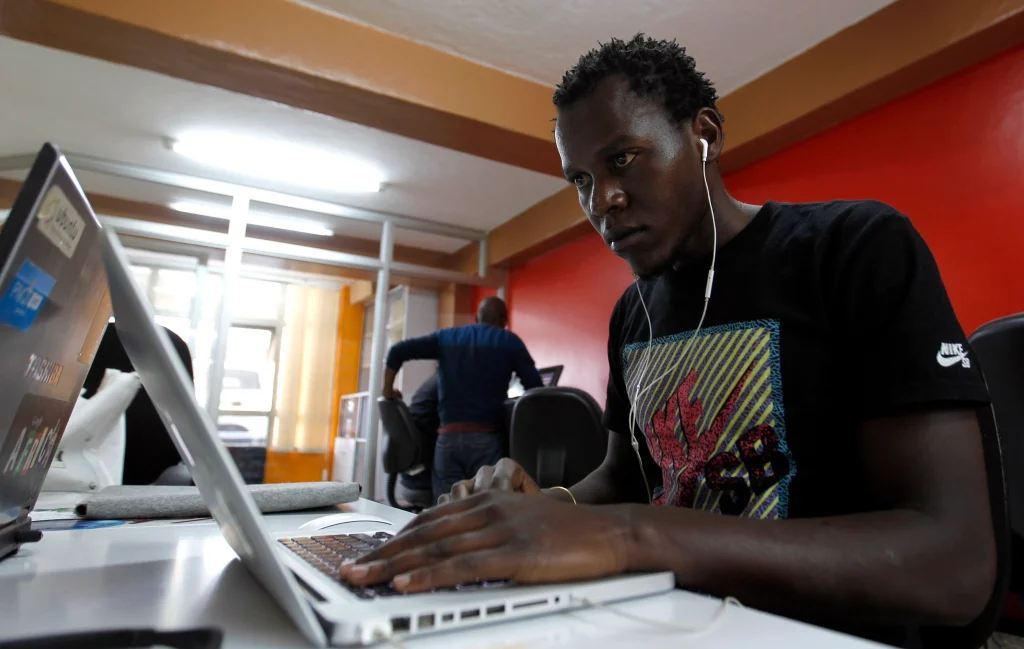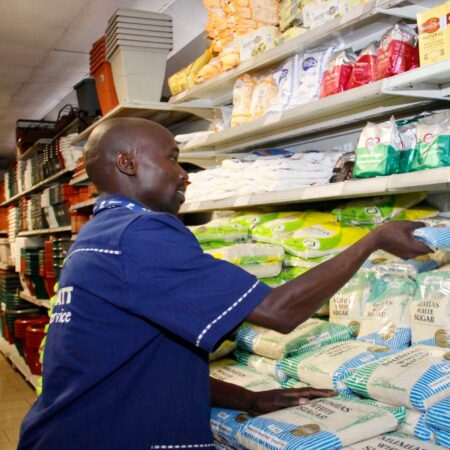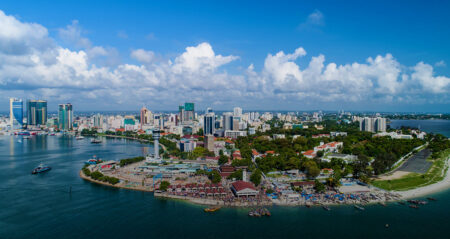- Africa has more than 453 million people working as employees
- Africa’s working-age population is expected to grow by 459 million people or close to 70 per cent by 2035
- Agriculture makes up almost 43.8 per cent of total employment in Africa
Africa has more than 453 million people working as employees.
Work in Africa is changing for the good.
The number is slightly higher compared to over 366 in 2010, according to Statista. However, Africa is growing fast—economically and population-wise. Africa’s working-age population is expected to grow by 459 million people or close to 70 per cent by 2035, according to the World Bank (WB). Hence, the future of work in Africa is rather interesting.
The bank, which is Africa’s close development partner, argues that Africa’s younger workforce has the potential to transform the region on all levels. With the latter in mind, how can Africa compete with the rest of the world, especially after advancing modern technology that changes quickly over time and space?
Agriculture makes up almost 43.8 per cent of total employment in Africa. Sadly, the share of people in this sector has declined as the share stood at 49.3 per cent in 2010 (Statista).
Brookings, a US-based think-tank, points out that the service sector is another pool absorbing Africa’s labour force. Hence, agriculture is still king on a country level—employing nearly 54 per cent of the working population on average.
Burundi, Burkina Faso and Madagascar have more than 80 per cent of the people working in farmlands. While the industrial sector, which Brookings argued that “historically deemed highly productive, employs the smallest share of sub-Saharan Africa’s labour force”.
Further, the International Labor Organisation (ILO) pointed out that, by 2023, agriculture will make up half of Africa’s employment. By 2020 Nigeria and Ethiopia had the highest number of people employed in Africa. These two countries and other African strong economies have seen a profound transformation on the economic, built environment and technological fronts—how are they ready to change their work?
Read: Meta- formerly Facebook- denies poor working conditions claims in Kenya
On the other side, ILO points out that the informal sector is still arguably responsible for 90 per cent of sub-Saharan Africa’s economy and two-thirds in North Africa.
The sector provides 90 per cent of all new jobs and 70 per cent of all employment across sub-Saharan Africa.
As the world changes, so as Africa. Due to economic and political setbacks, the region is shadowed by plenty of misconceptions about its role in shaping the world’s technological and education front.
Above that, Africa is now embracing a new wave of transformation. The continent is adopting and executing new plans as it goes—bringing the digital divide by embracing edutech in schools, innovating social solution tech and startups championing smart farming in Africa’s breadbasket.
While some critics find the future to be noose in manual labourers’ necks, other thinking avenues portray a whole new dimension of achieving growth fast and sustainably.
Read: Future of Work: Africa should rethink its education, skills

Future of work
Imagine a hundred years to come—how will farming look like in rural Burundi and Tanzania? The advent of modern technology surpasses all blocks that limit productivity.
This concept ponders and lays down all possibilities of how work, workers and the workplace evolved and space.
Whether working remotely from your home station or using Artificial Intelligence (AI) to mark exams, even assigning robots to assemble a device—the transformation of work in the future is inevitable.
The organisation for Economic Co-operation and Development (OECD) argues that the future of work is now. The latter is evident in Africa, where social entrepreneurs such as Given Edward with the Mtabe App—a platform facilitating easier access to learning content in Tanzania are gradually transforming the face of learning.
Read: The plethora of the digital world: What works Africa
We can’t run from the saddening possibility of some jobs being lost. It is with significant certainty that automation and AI influence how work is done—as they offer fast, precise and effective results in most fields.
There is a luring risk of Tanzania cobblers, Ethiopia’s seamstresses, Moroccan call centre representatives and desk clerks in Kenya losing their spots within employment pools.
In South Africa, AI is threatening the jobs of Standard Bank and Multichoice, as they announced a massive contingent of their workforce would be laid off because their areas of work will be replaced by automated technologies (BusinessTech).
In 2019 David Makhura, a South African politician, argued that his nation is ascending fast to the future in which 41 per cent of current jobs will be obsolete by automation—when 35 per cent of skills are considered necessary in today’s workforce will change or even disappear.
This situation is alarming as South Africa is recorded to have the highest unemployment rate in the region, standing at 35.3 per cent by March 2022.
AI could improve electricity services by making power grids more efficient on the bright side. Boost learning by allowing schools to harness virtual reality and other e-learning technology, bolstering the state of education (Africa Business).
In Rwanda, drones have extensive use in delivering medical supplies to remote areas across the nation. During the Covid-19 pandemic, Rwanda’s drone use has streamlined the vitality of automated tech in simplifying health work over space and time.
More importantly, institutions such as PwC portray an economic leeway offered by AI/ It estimates AI and related technologies will complement more than $15 trillion to the global GDP by 2030.
Africa is building its ecosystem of work that compliments the current change. Kenya’s Ajira Digital Programme, which the government supports, offers young people access to relevant digital job opportunities—data entry, content development, digital marketing, and e-commerce.
The WB Future of Work in Africa report noted that Africa should invest in shaping the ecosystem of inclusive digital technologies that can improve and complement informal jobs catering to millions of livelihoods.
The future of work in Africa must ensure the improvement and availability of digital technologies across the continent to increase the productivity of workers and businesses. The closure of the technological gap is vital to the establishment of functional ecosystems that propel an automated work environment.
Read: What Kenya’s customer service will look like in 5 years











